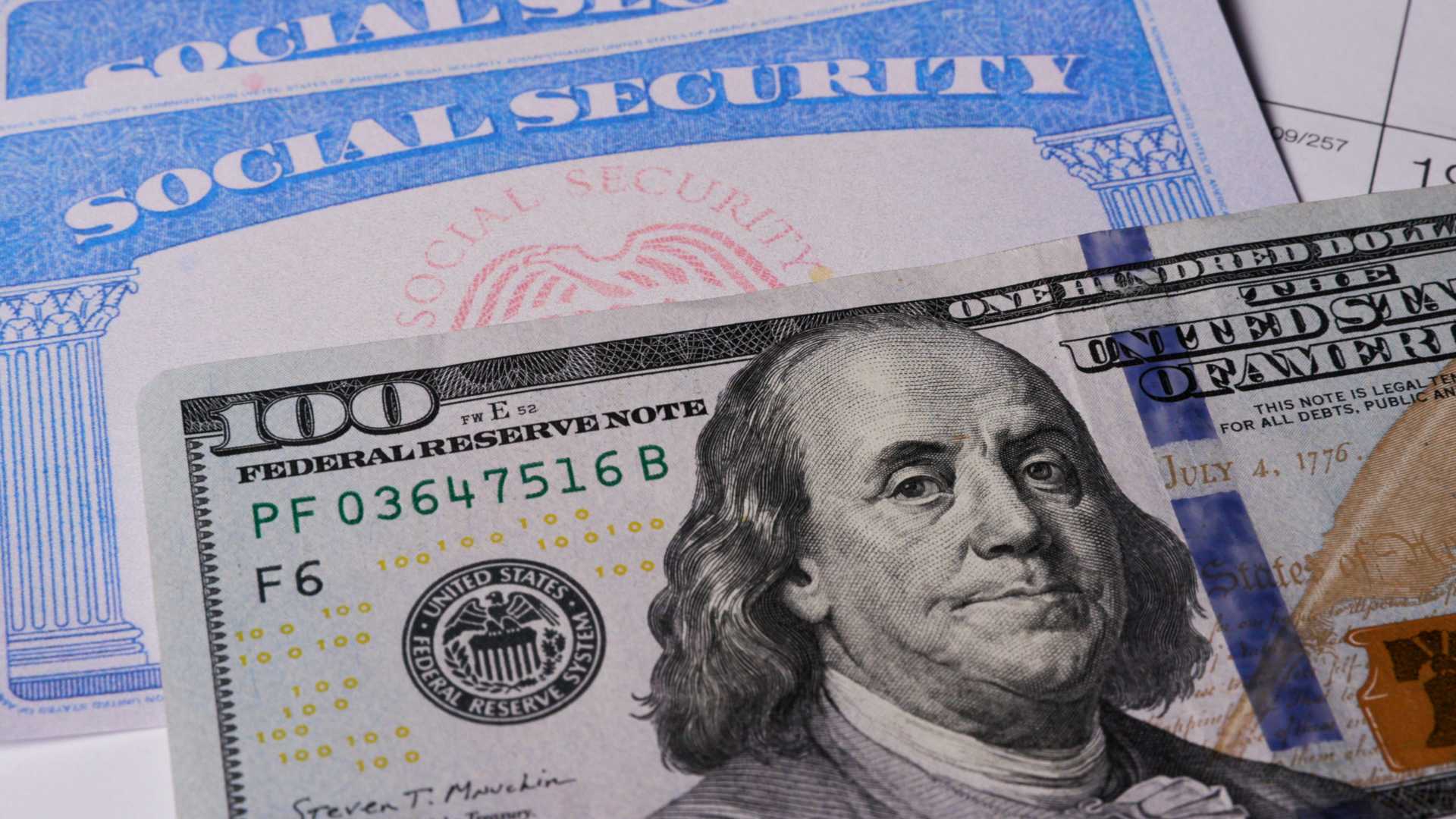Business
Trump Administration Pauses Garnishment of Social Security for Student Loan Borrowers

WASHINGTON, D.C. — The U.S. Department of Education has paused its plan to garnish Social Security benefits for borrowers who have defaulted on federal student loans, according to a statement from the agency.
This development marks a sudden shift in policy from the Trump administration. Previously, the administration announced on April 21 that it would resume the collection of defaulted student loans, following a nearly five-year hiatus that started during the COVID-19 pandemic. This decision affected approximately 195,000 Social Security recipients at risk of having their benefits reduced to cover unpaid debts.
“The Trump administration is committed to protecting Social Security recipients who often rely on a fixed income,” said Ellen Keast, spokesperson for the Department of Education. With the new pause, older borrowers can breathe easier, knowing they have more time to address their payment issues.
Data from the Consumer Financial Protection Bureau indicates that over 450,000 federal student loan borrowers aged 62 and older are in default on their loans. Many of these individuals rely on Social Security to meet basic living expenses.
Carolina Rodriguez, director of the Education Debt Consumer Assistance Program in New York, raised concerns about the impact of resumed collections on retirees. “Losing a portion of their Social Security benefits to repay student loans could mean not having enough for food or medical appointments,” she told CNBC.
Reports suggest that garnishments primarily pay off accrued interest and collection fees rather than reducing the principal balance of the loans. As such, collections can severely strain the finances of older Americans who depend heavily on their Social Security payments.
Financial experts have warned that the potential for garnishment raises serious concerns about poverty among retirees. Alex Beene, a financial literacy instructor at the University of Tennessee at Martin, noted that many Americans could be forced to make tough choices between paying their debts and meeting their essential needs.
This pause in garnishment is temporary, as the Department of Education plans to resume collections later this summer. The administration emphasized that it aims to provide better outreach and help borrowers find affordable repayment options.
As the situation develops, advocates continue to call for protections to shield Social Security benefits from garnishments while ensuring that borrowers are held accountable for their debts.












